Geoengineering: The Riskiest Way to Save the Planet
How do we reduce the impact of climate change, and could geoengineering be the solution? Host Sinead Bovell is joined by sci-fi writer Kim Stanley Robinson and other experts to examine the goal of Global Net Zero Emissions, direct air capture strategies, and why geoengineering is a risky strategy – that may be our only hope.
Episodes
-
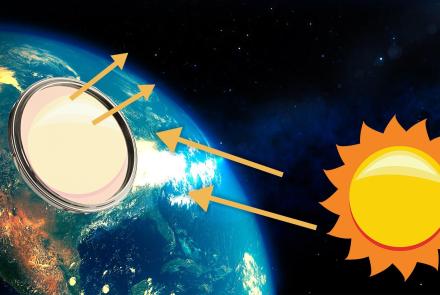
Geoengineering: The Riskiest Way to Save the Planet
S1 E15 - 7m 34s
How do we reduce the impact of climate change, and could geoengineering be the solution? Host Sinead Bovell is joined by sci-fi writer Kim Stanley Robinson and other experts to examine the goal of Global Net Zero Emissions, direct air capture strategies, and why geoengineering is a risky strategy – that may be our only hope.
-
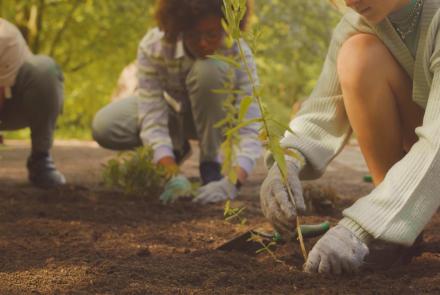
Why Tree Planting Campaigns Don’t Work
S1 E14 - 7m 39s
In 2019, a Turkey tree planting campaign set a world record. Three months later, 90% of those saplings were dead. Planting trees to replace old-growth forests is a common solution, but it typically does not solve the problem. With deforestation causing climate-related disasters, it’s time to take a hard look at reforestation and what we can do to save our forests.
-
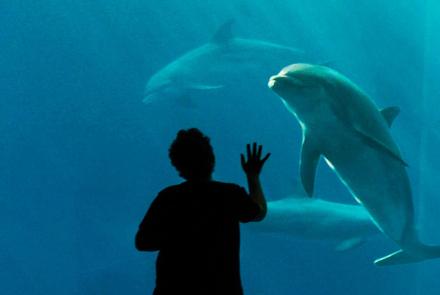
How Talking With Animals Would Change Our World
S1 E13 - 10m 12s
In 1970, a recording of a whale song changed the world. The album, “Songs Of The Humpback Whale,” helped launch a movement to ban commercial whaling and protect endangered species. Today, scientists are getting closer and closer to understanding and imitating animal communication. Will we use this newfound power to protect our planetary neighbors? Here’s what we know.
-
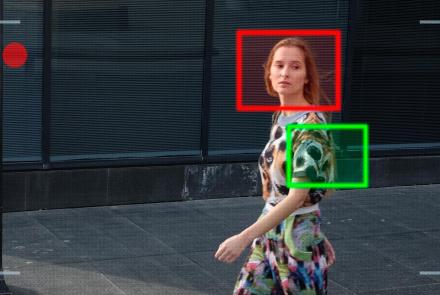
What If Our Clothes Could Disrupt Surveillance Cameras?
S1 E12 - 9m 23s
What do you get when you combine mass surveillance with A.I.? It’s a dystopia that’s already a reality in places across the world. Fashion designers are pushing back, crafting clothing and accessories that trick facial recognition software into mislabelling a person as something else, like…a giraffe or a zebra. How can you escape constant surveillance? Sinéad Bovell takes a closer look.
-
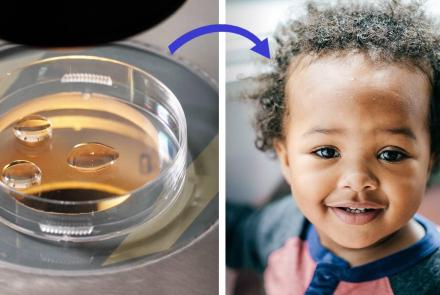
How to Turn Skin Cells Into a Baby
S1 E11 - 9m 29s
When two people love each other very much, they bring their skin cells to a lab, turn those cells into sperm and eggs, then put them together to make a baby. Wait, what? This is the future scientists are working on through a process called IVG. It’s already been done in mice. Are we on the verge of eliminating infertility? Is this a slippery slope towards designer babies? Sinéad Bovell discusses.
-

The Future of Dating is Weirder Than You Think
S1 E10 - 10m 12s
Tired of swiping? From AI companions like Replika to matchmaking services that use DNA to predict compatibility, scientific breakthroughs offer new and exciting paths to romance. How will these developments change the ways we fall in love? And what does that teach us about love itself? We’ll discuss the opinions of experts like Esther Perel as we explore the strange future of dating.
-
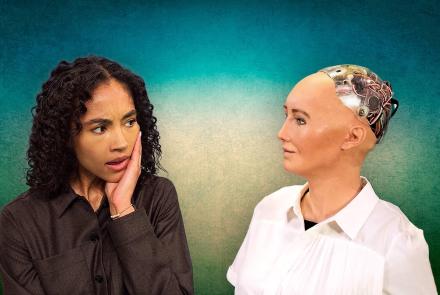
Why Make Humanoid Robots?
S1 E9 - 9m 4s
Humanoid robots are no longer a thing of science fiction. Engineers have built machines that can mimic human movements and speech with remarkable precision. Why are scientists so determined to make robots look like us? Are they going to take our jobs? In this episode of Far Out, we unveil the secrets and moral complexities of humanoid robots.
-
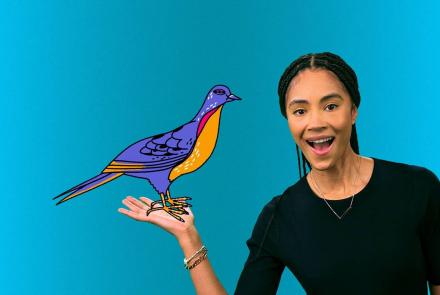
Why Scientists Want to Resurrect Extinct Species
S1 E8 - 9m 55s
From the wooly mammoth to the passenger pigeon, extinct species once maintained the balance of the earth’s delicate ecosystems. But human interference has resulted in dramatic loss of biodiversity. Can science restore what has been lost? In this episode of Far Out, we dig into ‘de-extinction’ as geneticists and molecular biologists attempt to bring back species to restore the health of the planet.
-

Why Male Birth Control Doesn’t Exist (Yet)
S1 E7 - 9m 48s
Despite trying, scientists haven’t been able to figure out male birth control, and more often than not, the burden falls onto women. But that might change. Experts are excited about two kinds of birth control in development, and if they prove to be successful, they could drastically change the landscape of contraception.
-
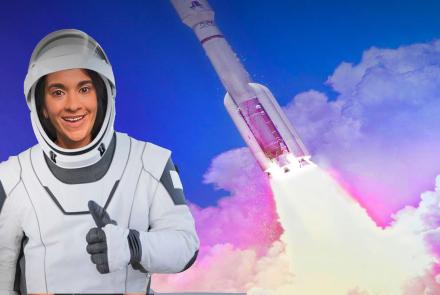
Can Space Tourism Ever Be Ethical?
S1 E6 - 9m 42s
Space tourism is heating up, but is it ready for liftoff? Explore the future of space exploration through the lens of ethics, finance, environmental impact and more.
-

This Tech Tackles Climate Change (By Spying on You)
S1 E5 - 9m 28s
Smart home technology has great benefits for the environment that can save us money. However, people are often wary of the security risks. The future of smart home tech aims to combat these privacy concerns and create homes that take care of us and the planet.
-
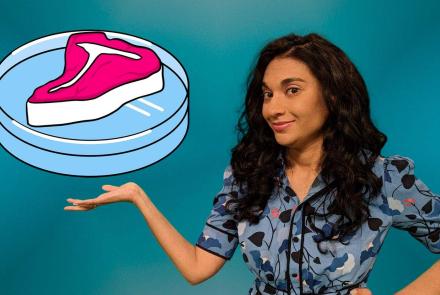
The Future (and Challenges) of Lab-Grown Meat
S1 E4 - 8m 44s
Lab-grown, or cultivated, meat promises to deliver us from the pitfalls of modern meat production, but it’s still an emerging industry with lots of technical challenges. As a result, cultivated meat products are still exorbitantly expensive. What will it take to make them affordable?
WETA Passport
Stream tens of thousands of hours of your PBS and local favorites with WETA Passport whenever and wherever you want. Catch up on a single episode or binge-watch full seasons before they air on TV.
Similar Shows
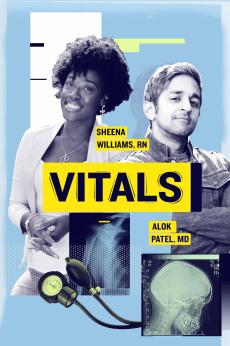
Vitals
Science and Nature
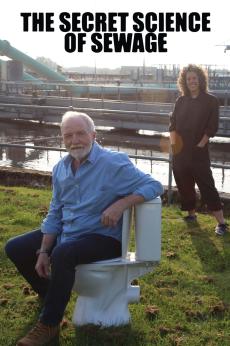
The Secret Science of Sewage
Science and Nature
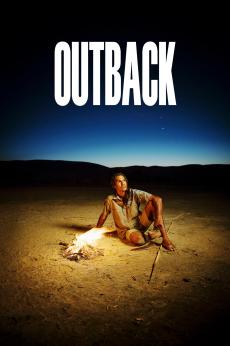
Outback
Science and Nature

Hot Mess
Science and Nature
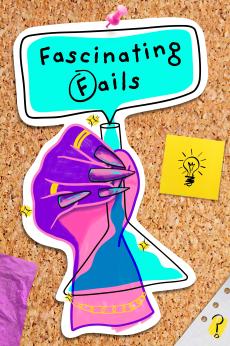
Fascinating Fails
Science and Nature
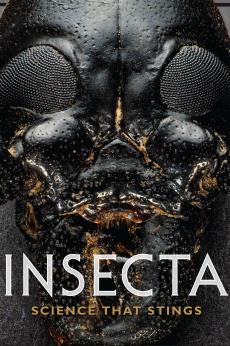
Insecta: Science that Stings
Science and Nature

Potomac by Air: Our Nation's River
Science and Nature

Your DNA Secrets Revealed
Science and Nature
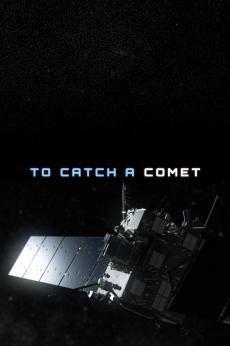
To Catch A Comet
Science and Nature

America Outdoors with Baratunde Thurston
Science and Nature